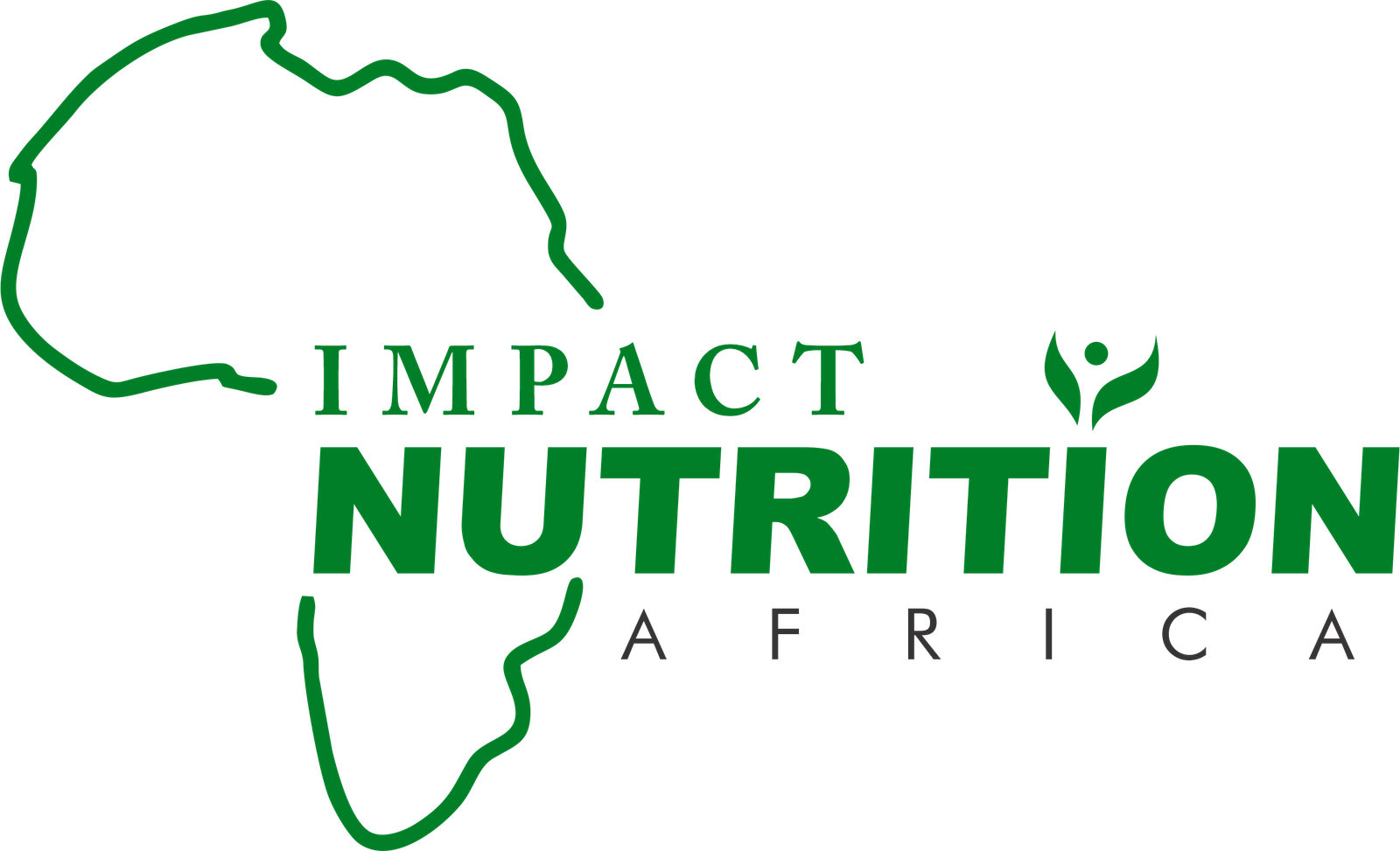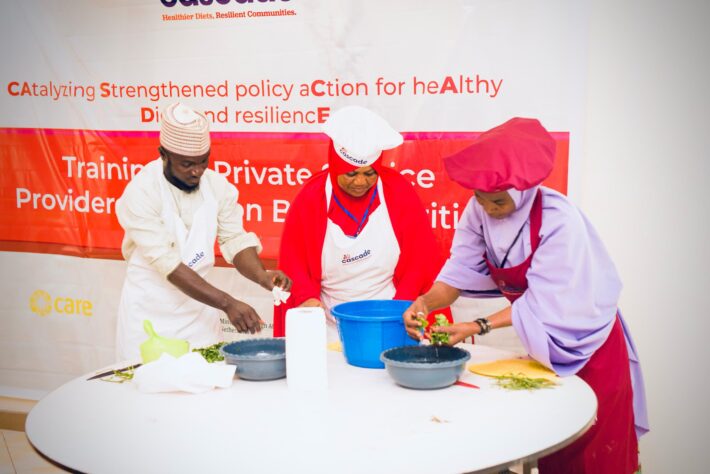Makoko Malaria and Malnutrition Eradication Project (MMMEP) – Phase I

The first phase of the Makoko Malaria and Malnutrition Eradication Project (MMMEP) was designed to identify and understand the pressing health and nutrition needs of the Makoko community, an underserved urban slum with little to no existing health data.
Key activities during this phase included:
- Community Entry and Engagement: Building trust and relationships within the community to support effective intervention.
- Health and Nutrition Data Collection: Gathering baseline data on dietary practices, child feeding habits, and general health indicators.
- Nutrition Education: Sensitization sessions for women of reproductive age, focusing on exclusive breastfeeding, complementary feeding, and healthy dietary habits.
- Distribution of Insecticide-Treated Nets (ITNs): 106 mother-child pairs received ITNs to support malaria prevention.
- Nutritional Assessments: Conducting dietary and anthropometric evaluations of mother-child dyads.
Findings from the project highlighted three critical health challenges:
- High prevalence of stunting and wasting among children under five
- Poor child feeding and care practices, and
- Frequent occurrences of childhood illnesses, particularly malaria, aqueous dermatitis, and acute diarrhea.
This foundational phase provided valuable insight and direction for future health and nutrition interventions in the Makoko community.



